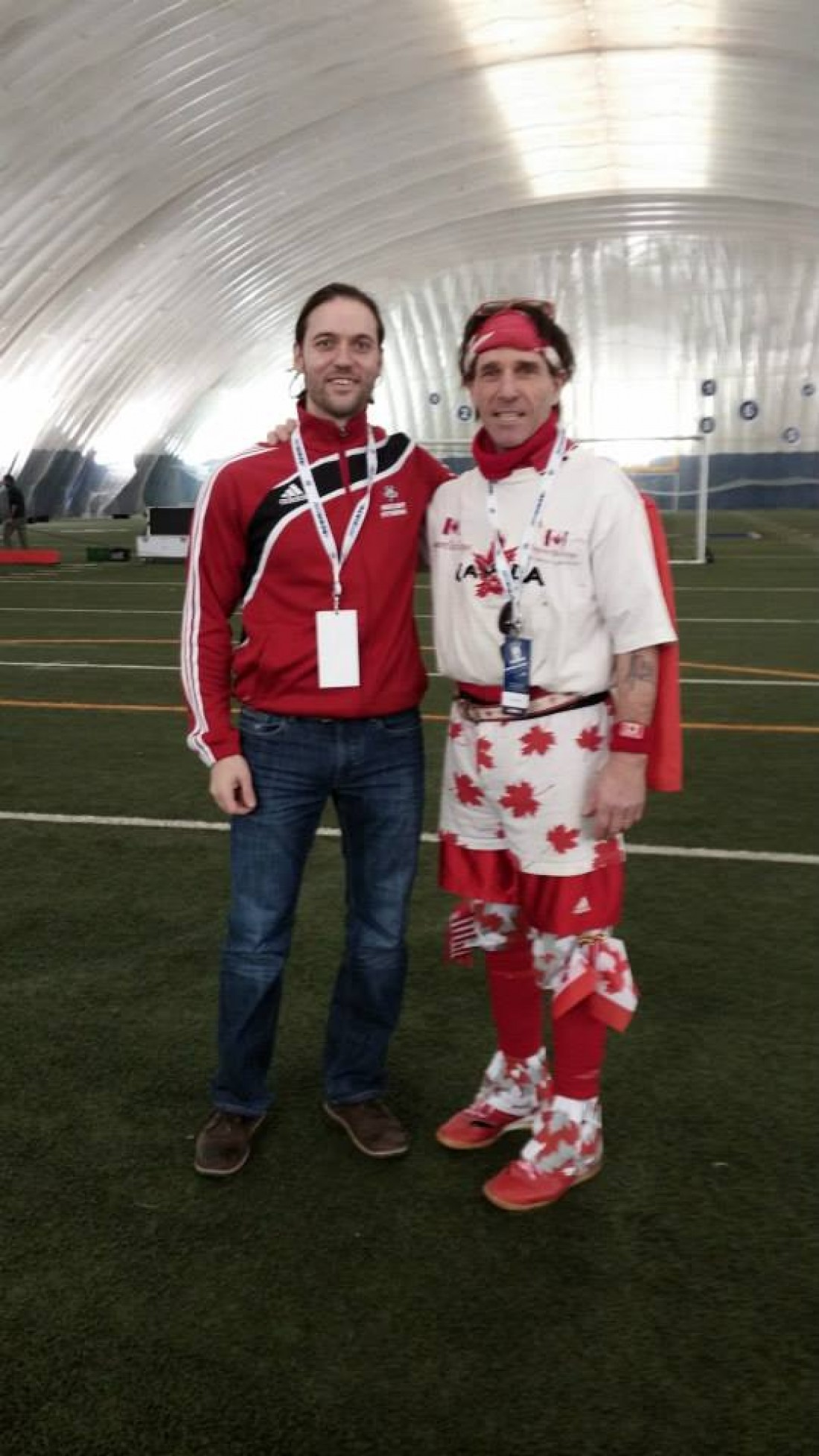This past weekend, January 30th to February 1st 2015, was the 5th annual National Soccer Coaching Conference at the University of Toronto. This year’s conference featured several excellent presenters, including coaches from the CIS, Major League Soccer, and the Canadian National Teams. In this blog post, I will be discussing the one lecture from the conference that was the most interesting to me. Raymond Verheijen, a coach and fitness coach who has worked with several different professional clubs and national teams from all over the world (most recently with the Argentinian Men’s National Team at the 2014 World Cup) gave a lecture titled “Always Play with your Best 11”, centred around proper preiodization in top level soccer.
This tone of this lecture was serious right from the start. One of the points Mr. Verheijen made right in the beginning of his presentation was that coaches, in their work, and in their coaching/education courses, are too comfortable, and without being mad to feel uncomfortable (by being challenged) they will never learn, develop and improve themselves. He was also very critical of the “subjective” approach that he says most coaches take to their profession, whereby they use a philosophy and training methodology based on their own opinions (subjective) rather than based on facts (or an objective approach).
In keeping with this theme, Mr. Verheijen presented what he termed the “Philosophy of Football” – a factual based approach that explains the four “levels” or categories of the sport and orders them in priority, from the highest priority to the lowest. The levels are as follows:
- Football is based on communication (between individual players, between groups of players, between players and the coach, and between the entire team and the coach). Because communication is of the highest priority, tactics in football must be the most important part of any training session. The ability of players to understand, process, and respond to communication through tactics is the most crucial part of top level football.
- The successful execution of tactics in football requires all players to have good decision making abilities. The ability to make the right decision in training and games is based on players having game insight (the ability to read the game quickly, and decide on an appropriate action based on what is seen). All training must be planned based on specific and proven ways to improve players’ decision making abilities through improving their game insight. Training this psychological component of the game in isolation (not in a game-related context) will not be effective at improving decision making and game insight in the game itself.
- Executing decisions is the third level of football. The ability to execute any decision is based on players having good technique. For a player to have good technical ability, he/she must be able to perform any technique under realistic game situations, which involve and require communications/tactics, game insight, and quick decision making. Technique training to improve these abilities cannot involve isolated technique training (because this type of training will not include tactical aspects or decision making), but rather must be done in realistic game situations.
- Finally, in order for football to be played effectively, the game must be played at a high tempo for 90+ minutes. This high tempo demands that all players have a high fitness level in order to cope with it and still be able to perform (to communicate, make decisions, and execute techniques) at the right tempo.
When planning training, coaches must use exercises and small sided games that incorporate all of the four “levels” of football. Mr. Veheijen was adamant that it does not make sense to train fitness, technique, or even the psychological components like decision making and game insight, in isolation. This is because in the game, these abilities are not present in isolation. Included in his rationale was a factual, science-based (objective) analysis of the game, and what types of training lead to the most successful performance of the game. For me personally, it was refreshing to hear an objective approach to training, as I have always tried to make all of the fitness work I do as “soccer-specific” as possible. Furthermore I have also always been a big believer that fitness and the fitness coach must be integrated into all aspects of a high level soccer team’s training. I hope that many of the coaches in the audience came away from Mr. Verheijen’s presentation with a new outlook that will help them to improve the way they train their players.
I’d love to hear your thoughts about this topic. Drop me a line here to get the conversation started.


Leave A Comment